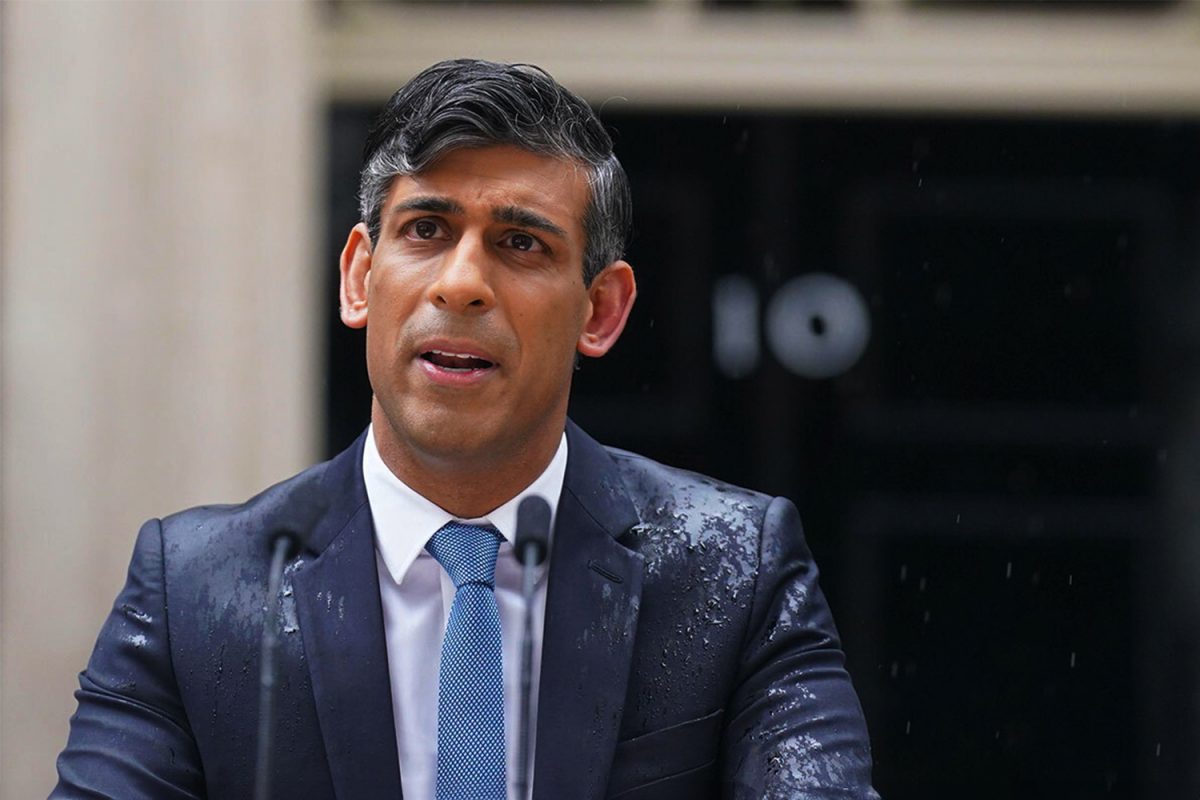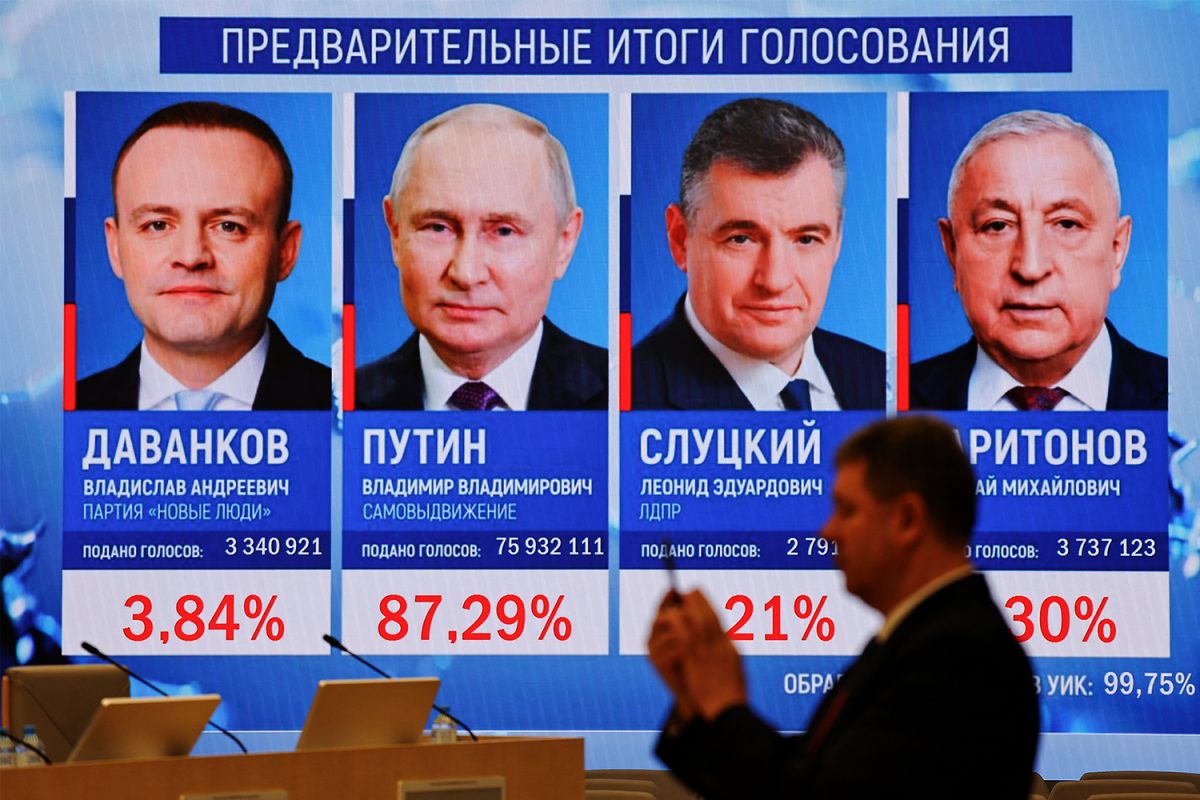Rishi Sunak and Liz Truss have both sparred of with each other this week in live televised debates as they attempt to become the next leader of the Conservative Party and Britain’s next prime minister. The winning candidate will be elected by around 160,000 Conservative Party members. The Conservative Party in six years will have had four different leaders showing the turmoil at the heart of British politics. Just 0.2% of the UK population will elect the next prime minister and whoever wins will have to deal with a growing list of challenges the country will be facing. Some of these problems are of the government’s own making whilst others have been exacerbated by the government itself. All of this takes place with the future of Britain looking ever more precarious.
The first of these challenges is the Conservative Party itself; it has a long history of disunity which has regularly torn the party apart. From Robert Peel and the Corn laws in 1846 to Margaret Thatcher to Boris Johnson, all tore the Conservative Party apart as they imposed their own interests and agenda without achieving party consensus. Europe, as a contentious issue, divided the Tories from the time of Thatcher and forced the then Prime Minister David Cameron to have a national referendum which in the end led to Britain exiting the EU. The divisions are so deep that senior Conservatives have launched a campaign among party members to allow them a vote to allow Boris Johnson to continue as Prime Minister; 7,600 members – all of whom have given their membership numbers – signed a petition calling for the vote.[1] One Cabinet Minister loyal to Johnson outlined: “There is complete and utter despair and disbelief at what has happened. It is no wonder that the grassroots members feel their voices have been cancelled out by a minority in the Parliamentary party. These are the same people who year after year, decade after decade, have chosen to silence the membership of the Conservative Party for their own preference and betterment. And that is wrong.”[2]
The Conservative Party, despite the rhetoric that it works in the interests of the nation as a whole, is simply a party that represents the interests of the 1%. Despite advocating values of conservatism, this has really meant maintaining the status quo which serves the interests of the 1%. This has allowed barons, aristocrats and the merchant class in the past and billionaires today to gain a stranglehold over individual Conservative politicians to serve their narrow interests. These billionaires wrote a letter, awarding their unconditional support to Boris Johnson. The letter was signed by some of the richest men in Britain. Nadine Dorries, Secretary of State for Culture, Media and Sport, on national TV admitted when Johnson faced a vote of confidence: “the Conservative Party donors have said themselves that they aren’t going to support the party if the PM is removed. I think a number of MPs in marginal seats need to hear that, and need to understand what they’re doing: £80 million those donors have donated to the Conservative Party over recent times.” This is a Tory cabinet minister setting out in stark terms that billionaires hold a stranglehold over the governing political party.
The Conservative Party, despite the rhetoric that it works in the interests of the nation as a whole, is simply a party that represents the interests of the 1%
CNN, speaking to multiple sources across the Conservative Party, found the next prime minister will inherit a mess that some members of the governing Conservative Party believe will be impossible to manage. With just six weeks until Boris Johnson’s successor walks through the door of 10 Downing Street, the two remaining candidates are making a bad situation worse by rubbing salt into the wounds of a party so badly divided it could be forced to call an early election and hope for the best.[3]
The Haves and Have Nots
The economic situation of the UK, is in many cases dire, despite being the 5th richest nation in the world. Britain, like many other nations, is going through a cost of living crisis, which is seeing inflation reach record levels. But much of Britain’s working class have been living through a cost of living crisis for over a decade which began with deep cuts called ‘austerity,’ and the astronomical sums printed to bail out the financial industry after the global economic crisis in 2008. The further amounts printed during COVID-19 only added to more and more money chasing a shrinking and then stagnant economy. The UK economy has had structural problems for decades. After WW2 Britain’s industrial base rapidly declined and was culled during the era of Margaret Thatcher, from 1979. The British economy was restructured and completely shifted from manufacturing to services, with finance taking a dominating role, a drive termed as neoliberalism by many today. Today Britain’s 1% own 20% of the nation’s wealth, whilst the top 10% own half the nation’s wealth. Under successive Conservative governments and under Tony Blair’s New Labour this structure has been institutionalised as governments both red and blue have come to serve this small, rich elite. Successive governments continue to manage the economy, rather than solve the deep structural flaws. Consider the following in the worlds 5th largest economy:
- 22% of the UK population, 14.5 million people live in poverty.[4]
- 13.2% of UK households are in fuel poverty i.e. they cannot afford to heat their homes adequately.[5]
- There are more food banks in the UK than outlets of the fast-food chain McDonald’s.
Whilst Britain’s EU membership has always divided the Conservative Party, Britain’s final departure from the European Union was driven by a handful of billionaires who saw the EU’s encroachment into Europe’s financial sector as a threat to them. They used their wealth to back anti-EU politicians, who then utilised every prejudice to build public opinion. This small class was able to drive through Britain’s departure from the EU. These billionaires paid for the campaign to block former Prime Minister Theresa May’s EU deal – then went on to back Boris Johnson’s rise to power. The successive failure of Conservative Prime Ministers is because they do not represent the masses and therefore they fall out of favour very quickly with the masses. The promises now being made by Rishi Sunak and Liz Truss, the two candidates for the nation’s top job are likely just to get them power and not to actually deliver on them.
The successive failure of Conservative Prime Ministers is because they do not represent the masses and therefore they fall out of favour very quickly with the masses
Dis-United Kingdom
Whoever becomes Prime Minister of the UK faces the daunting task of trying to halt the rapidly moving trend of the long-term splitting of the UK with both Scotland and Northern Ireland pushing for secession. Britain’s departure from the EU has given fresh impetus to this debate, which was settled (for the time being). Whilst Brexiteers promised a utopia when the UK left the EU, this has inadvertently given fresh impetus to the different states in the UK to seek leaving the UK in order to remain part of the EU. Both Scotland and Northern Ireland publics voted to remain within the EU during the Brexit vote in 2016. As matters stand it’s unlikely Scotland will become independent in the short term. But in the long-term London lacks the influence, power or capabilities to keep the UK isles united. The days of empire are well behind her now, which was one of the main reasons Scotland joined the union and now that the UK has left the EU, this is a major reason for the Scottish National Party (SNP) to pursue independence and this also lends to called for Irish unification.
One Amongst Many
Britain’s territorial unity raises serious questions about Britain’s medium to long term place in the world, if London fails to keep the unitary state. But many trends are already moving against Britain globally and its likely Britain will be just another nation amongst many, rather than an influential nation in the world. India is forecasted to finish 2022 as the world’s 5th largest economy, pushing the UK to 6th. A former colony will have a larger GDP than the UK and the right to be at the decision making table over the UK on international organisations. Since WW2 Britain’s influence was replaced by the US and despite Britain creating many of the monarchies and nations in the Middle East, British influence has been gradually replaced in these nations. With Russia returning to power after the collapse of the Soviet Union, with the rise of China and with other middle tier nations such as Turkey, Brazil and India playing major regional roles, Britain is looking at falling out of the premier league of nations to be replaced by other more influential nations. Whilst Britain may like to promote its soft power, the reality is her economic hard power has weaknesses and her military power requires external accompaniment to be effective. The next Prime Minister will have their work cut out for them as the previous Prime Minister continued to pursue rhetoric rather than real policies on this foreign policy front.
In many ways the election of a new Prime Minister by less than 1% of the population is indicative of the problems with the country. A narrow elite in the UK have driven the country into the ground and now look to achieve their narrow interests by funding and donating to willing politicians. Race, immigration and the EU were for long blamed for everything that was wrong in the UK, when really successive governments were serving the 1% over the interests of the masses. This is why the election of the new Prime Minister in many ways is irrelevant to the structural underlying problems the UK is facing.
[1] Boris Johnson ‘believes he’ll be back as prime minister next year’ (telegraph.co.uk)
[2] Ibid
[3] Analysis: Boris Johnson’s successor will have a huge mess on their hands – CNN
[4] Poverty in the UK | quakersocialaction.org.uk
[5] Annual Fuel Poverty Statistics LILEE Report 2022 (2020 data) (publishing.service.gov.uk)




